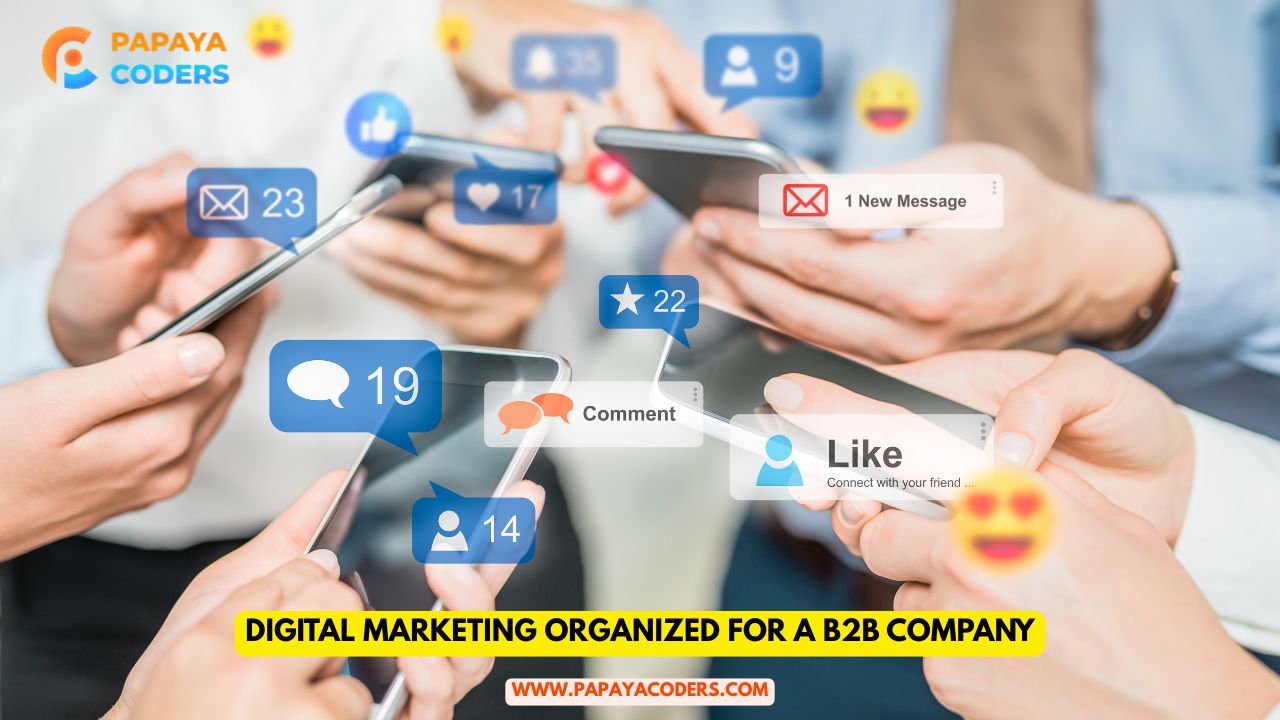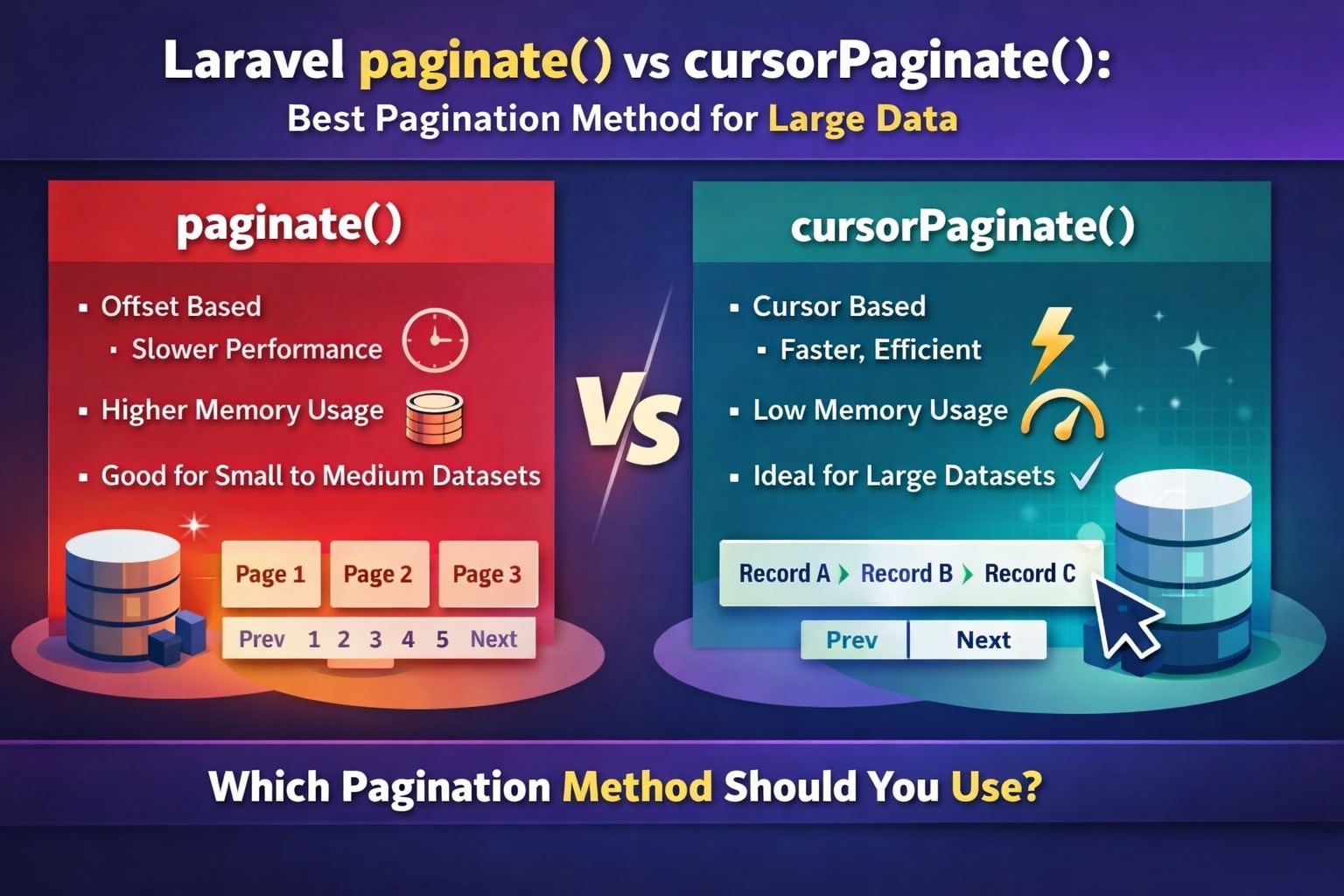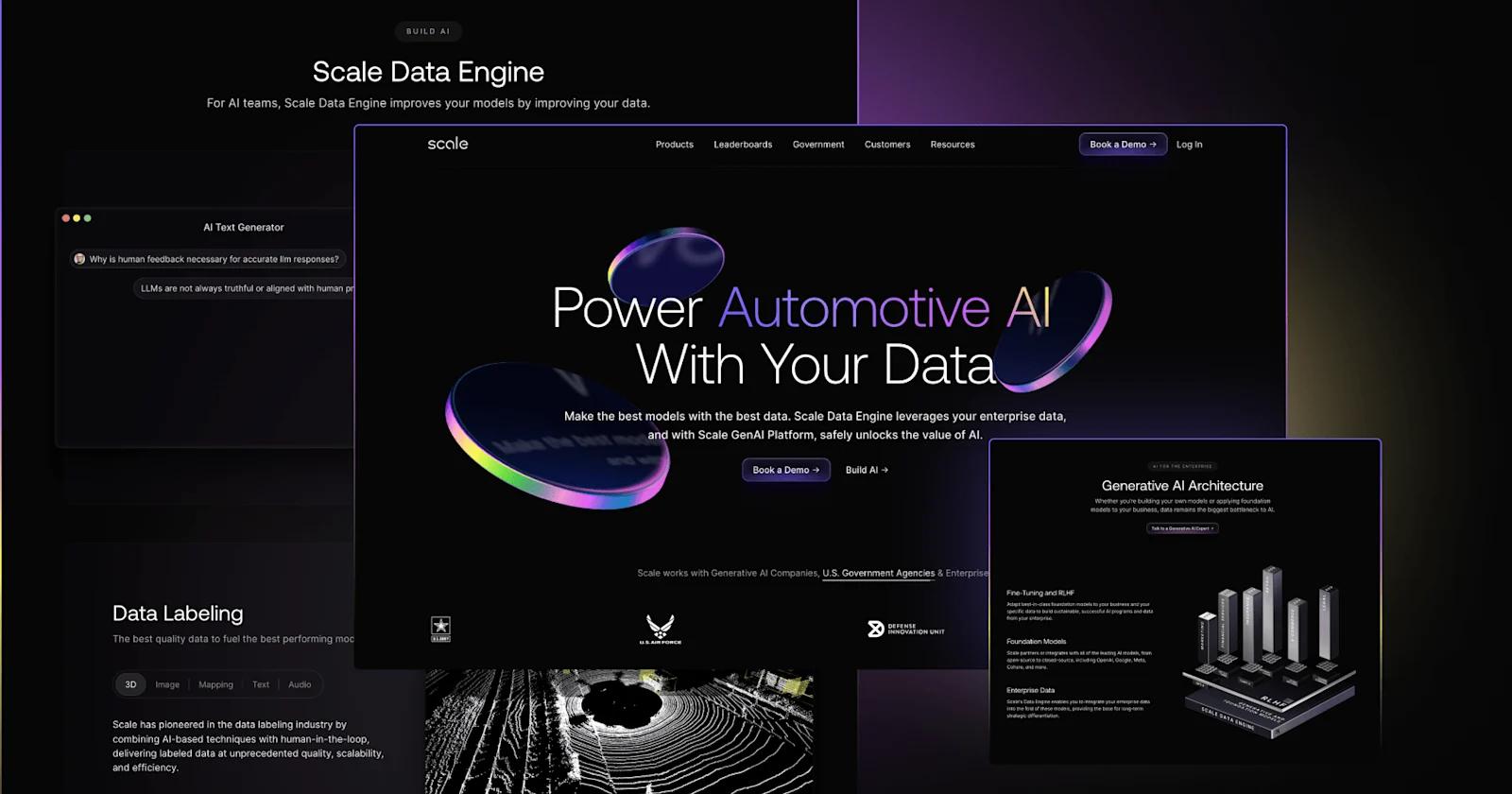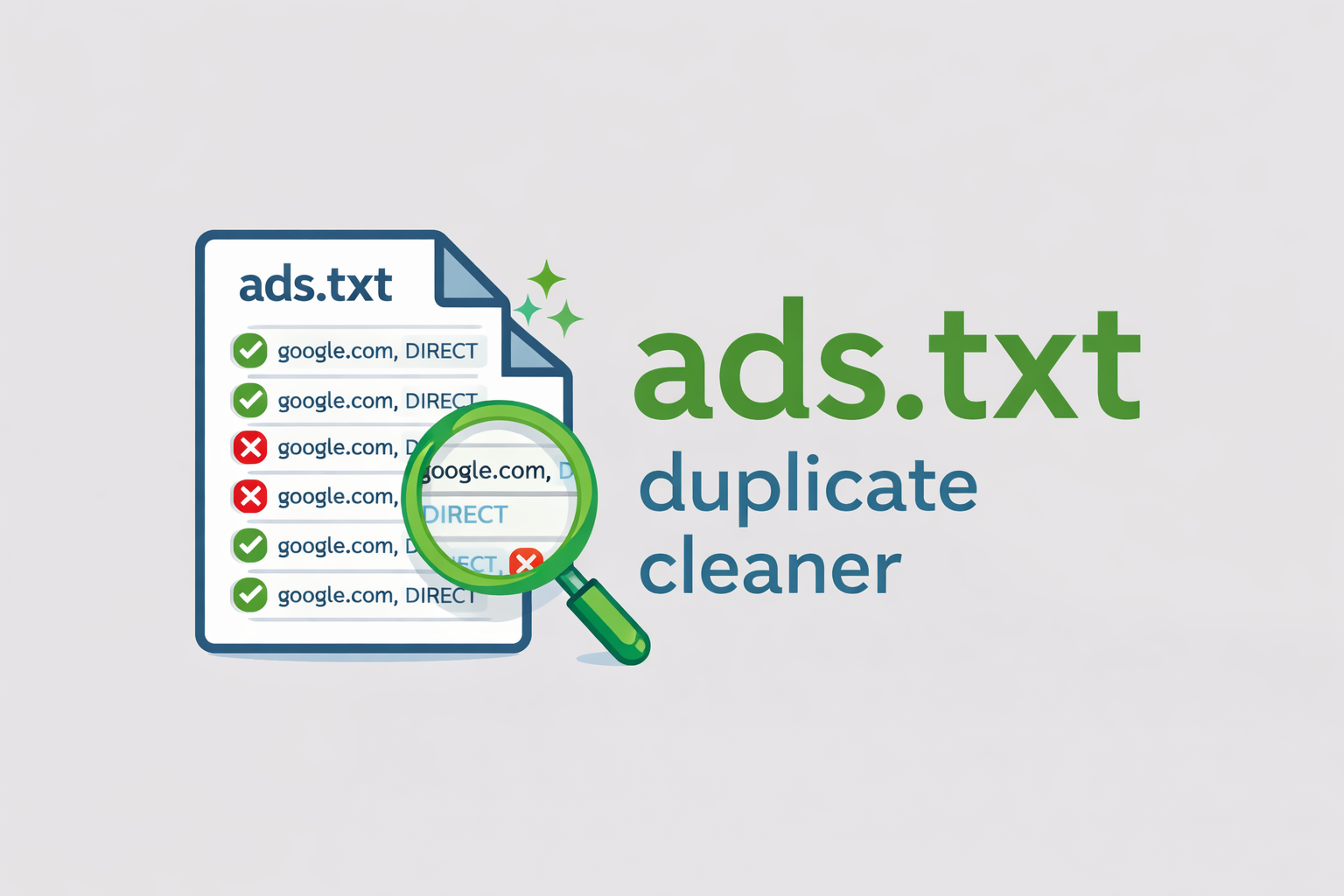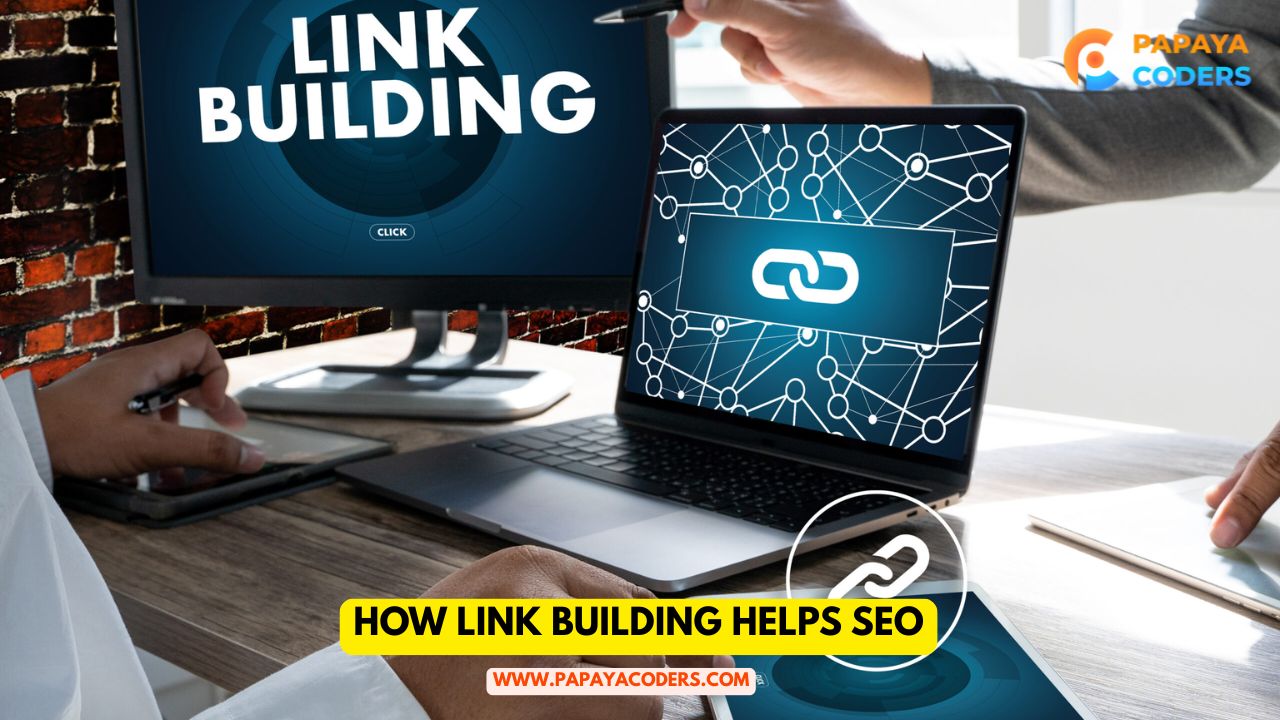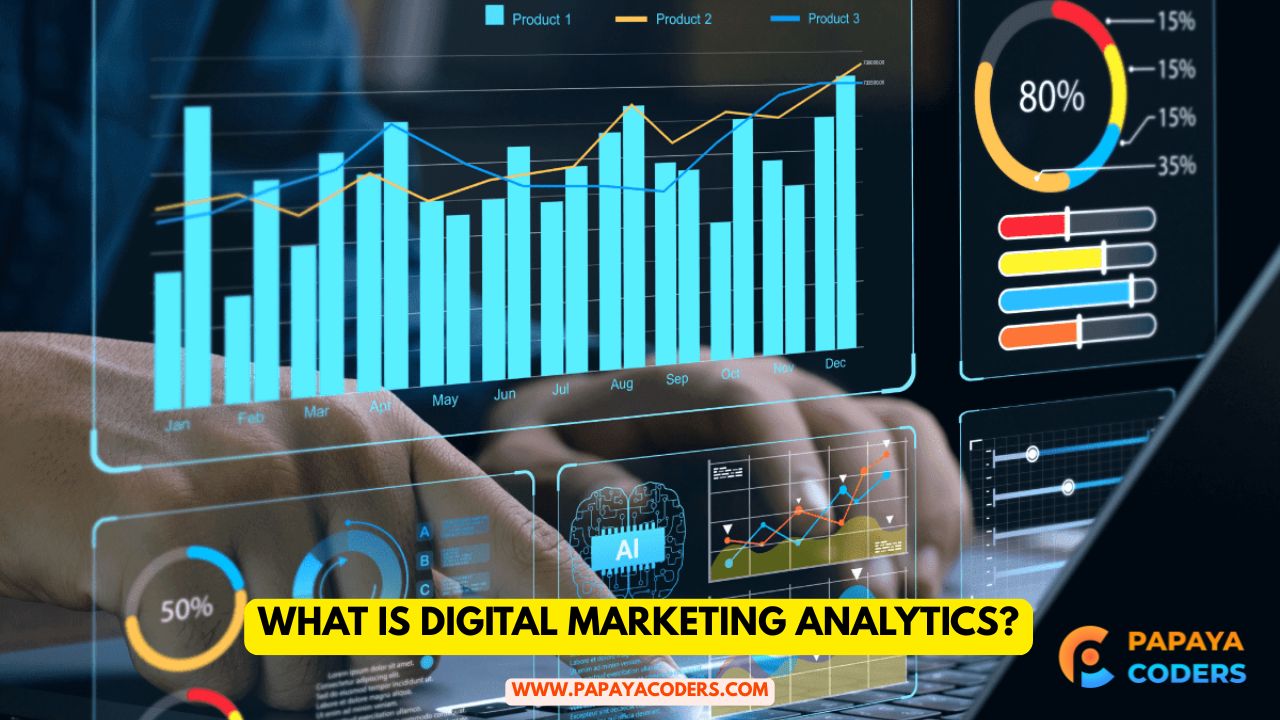In the day-to-day digital world we live in, each industry needs an online presence. This is true whether it is B2B or B2C. Digital marketing in a B2B role allows you to reach out to other businesses, develop trust with them, and create interested leads that will later turn into bigger business opportunities.
Digital marketing efforts in a B2B space should be broken down into three primary functions: in the B2B space, your digital marketing (lead generation) objectives will be focused on longer sales cycles with value-driven engagements, building relationships with clients, and showcasing expertise in your field. Let’s dive into how digital marketing works in a B2B context.
Digital marketing organised for a B2B company
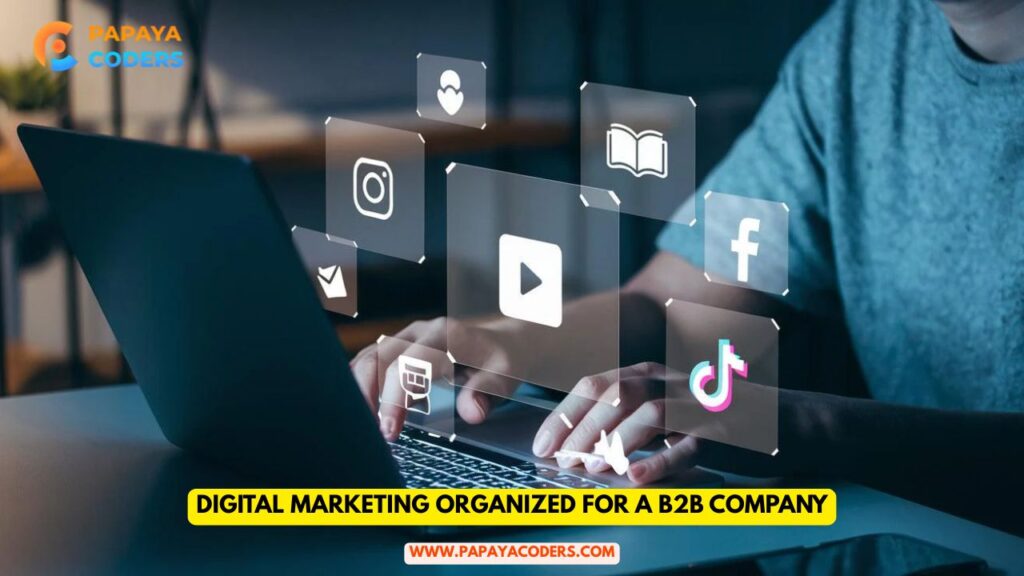
1. Establish Strong Presence Online
The first step for any B2B company to take is establishing a strong presence online. This could include a professional website, active social media profiles, and value-based content. A website will act as a digital storefront for clients to explore services, case studies, and overall solutions.
It is also important to establish an e-commerce-friendly platform that is user-friendly and has clear navigation, as businesses will judge you on your website.
2. Building Trust and Authority Through Content Marketing
In the scope of business-to-business (B2B) marketing, when decision makers are looking to find a new partner, they are looking for two characteristics: expertise and trust. Content marketing is a very important piece in building that expertise and trust.
Blogs, whitepapers, case studies, webinars and eBooks all give some sense of what a company knows about a general industry. When a B2B company publishes anything that is professionally written, they will show their authority and level of potential client trust.
Read also:-
- Transform Your Home’s Water Management with the iSwitch PC108
- Which statement regarding Digital Marketing Channels is the most correct?
3. Search Engine Optimisation (SEO)
For a B2B company, being found in the search engines is critical. Search engine optimisation (SEO) consists of the techniques and practices in which a B2B company is listed in the top search results when the potential client is looking for a solution.
This may include, but is not limited to, optimising pages on their website, targeting the right keywords, or appropriately utilising content to either satisfy intention or match the needs or wants of the client.
A strong SEO practice will increase the potential for visibility and, in some cases, provide organic traffic for a business that really has a genuine purpose and need for a service.
4. Social Media Marketing for Engagement
Though B2B deals may be a more formal process, networking on social media sites like LinkedIn, Twitter (X), and even YouTube is easier and makes for plenty of opportunities to engage. As LinkedIn is the platform most frequently used by professionals and decision-makers, it is the strongest one.
Sharing industry news, success stories from customers, and thought leadership pieces on LinkedIn is a great way for B2B businesses to interact with the right audience and connect with them.
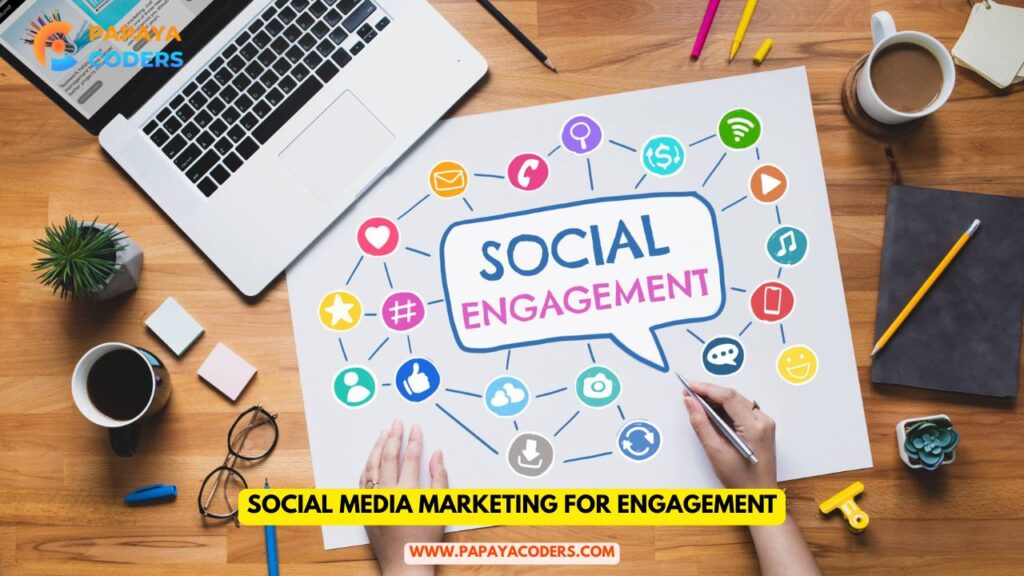
5. Email Marketing for Lead Nurturing
B2B sales cycles are usually long and often require multiple stakeholders or layers of decision makers to get a deal done. Email marketing is a great way to nurture leads over time.
Personalisation is big in this respect. Newsletters or drip campaigns are a great way to consistently engage potential clients over time and keep you relevant when the time is right for them to get the deal done. Providing consistent value through newsletters and drip campaigns will establish your company as a player when the time is right.
6. Paid Promotion and Lead Generation
If you want to quickly reach your targeted audiences of businesses, then you can certainly rely on pay-per-click (PPC) advertisements, ads on LinkedIn, or running retargeting ads.
It’s safe to say that ads are effective in generating qualified leads because the very purpose of an ad is to reach decision makers with specific messaging. B2C ad messaging attempts to reach emotions, whereas B2B ad messaging is geared toward messaging that speaks to resolving business problems.
Read also:-
- Hyperlocal SEO: Digital Strategies for Small Cities & Towns
- Podcast SEO: How to Rank Your Audio Story on Google
Conclusion:-
Digital marketing for B2B is building credibility and trust, value for a longer period of time, and lead generation and nurturing quality leads. All of these digital marketing activities can take place in your B2B business, from SEO and content marketing to email campaigns and paid ads, which, when used together, can create a very strong online presence.
When B2B does a good job of executing digital marketing, the output is a strong opportunity to build visibility and also qualify those businesses that are fit for sustainability.

